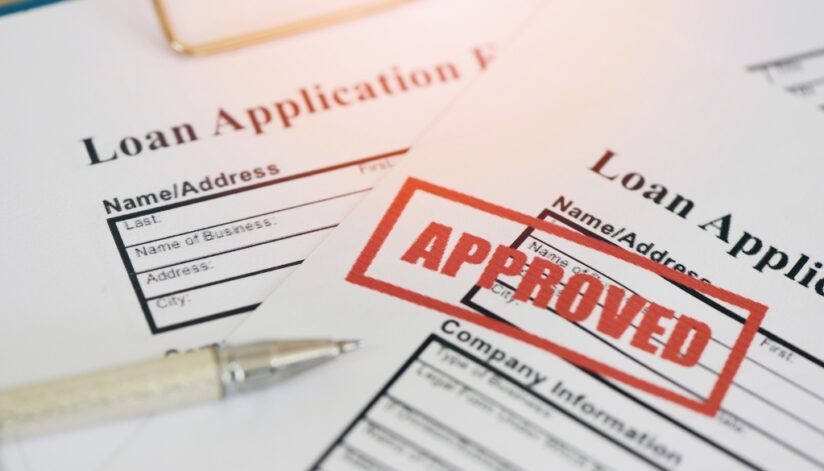Community Banking Update: CARES Act
The following is a brief summary of the CARES Act provisions affecting community banks. The Coronavirus Aid, Relief, and Economic Security Act (CARES Act) was signed into law by President Trump on March 27, 2020. The bill is referred to by lawmakers as “Phase 3” of Congress’s coronavirus response.
CARES Act Provisions
-
Section 1102 (Payroll Protection Program) – Regarding Section 7(a) SBA Loan Program (Loans between 3/1/2020 and 12/31/2020)
- The government guarantee of Section 7(a) SBA loans have now increased to 100% guarantee (up from 75 and 85% based on amount)
- Loan max is now $10M, instead of $5M
- Eligible borrowers include small businesses, sole-proprietors, independent contractors, other self-employed persons, and many non-profits (including 501(c)(3) and others). The borrower cannot employ more than 500 employees, unless they have multiple locations for certain industries
- Maximum interest rate of 4%
- In addition to normal SBA loan use, the loans can be used for payroll support (including sick/medical/family leave), employee salaries, mortgage payments, rent payments, utilities, and other debt obligations
- Administrator of the loan have 15 days to register each loan
- There is a formula for calculating the maximum loan amount. In general it’s 2.5 times monthly payroll plus the outstanding amount under the SBA’s Disaster Loan Program which can be rolled into this loan program
- The law provides delegated authority for lenders to make eligibility determinations without going through all of the SBA’s channels. Instead of the lender relying on repayment ability, which is not currently possible, the determination is made on 1) the borrower must be in operation on 3/1/2020 and 2) have had employees who the borrower pays.
- Express loans have increased from $350k, to $1M
- Waives both borrower and lender fees for participation in the Paycheck Protection Program
- Waives “credit elsewhere” test for funds provided under this program
- Waves collateral and personal guarantee requirements under this program
- Ensures borrowers are not charged any prepayment fees
- Requires lenders to allow complete deferment of 7(a) loan payments for a period not less than 6 months and not more than a year.
- Requires the SBA to provide lenders a process fee of 5% for loans of not more than $350k, 3% for loans between $350k and $2M, and 1% for loans greater than $2M
- SBA guidance must be sent out to lenders within 30 days of this bills signing
-
Section 1106 – Section 7(a) SBA Loan Forgiveness – Loans covered under this section are 3/1/2020 to 6/30/2020 loans
- An SBA borrower under this program will be eligible for loan forgiveness equal to the amount spent by the borrower on payroll costs, mortgage interest, rent, and utilities during an 8 week period after the loan origination date
- Payroll costs for forgiveness is on wages under annual comp of $100k, does not include sick leave or family leave wages for which Covid-19 payroll tax credits were taken
- Forgiveness will be reduced proportionally by any reduction in employees compared to the prior year or by a reduction of pay behind 25% of prior year compensation. Borrowers who use these loan funds to re-hire previously laid off employees will not be penalized for having reducted that employees payroll during this period
- Amounts forgiven by the lender will be treated as defaults by the borrower, and the SBA will buy back those portions via the existing SBA loan default procedures
- Any loan amount not forgiven at the end of one year is carried into a new loan with terms of a max of 10 years, at max 4% interest. The loan remains 100% SBA guaranteed
-
Section 1112 – Subsidy for pre-existing 7(a) SBA loans
- The SBA is required to pay the principal, interest, and associated fees existing loans for six month period starting on the next payment due.
- SBA must make payments no later than 30 days after the date on which the first payment is due
- Requires the SBA to encourage lenders to provide deferments and allows lenders, up until one year after enactment, to extend the maturity of SBA loans in deferment beyond existing statutory limits




